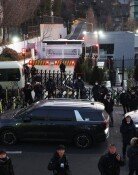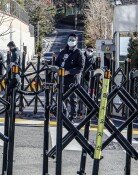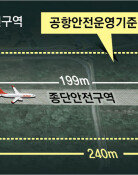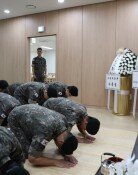Japanese textbook controversy (1)
The middle school history textbook, which was authored by the Japanese Society for History Textbook Reform, has obtained an official approval from the Education and Science Ministry. So, the controversy over the history textbook is now in its second round. Now, the question is how many schools will adopt the textbook.
The society and educational organizations supporting it are trying hard so that as many as possible schools will use the new textbook. On the other hand, some civic groups and intellectuals are protesting against it.
The publishing company, which has obtained a formal approval, is required to print the books by mid-May and present it to the Education Ministry for a final approval. And then it is supposed to hold a textbook exhibition in 470 places around the nation during the month of July. Public schools will order the book through regional educational committee in August and state-run or private schools will order by their principals in April next year to use in the new school year.
While the procedure for an official approval was progressing, the society has been engaged in leveling work on condition that it will obtain an approval. Forty-eight branches of the society throughout the country and other supporting organizations filed a petition to prefecture council that the educational committee`s judgment has to give priority over the opinion of school teachers. In mid-March, Hokkaido and 30 other prefectures accepted their request.
Akinori Takamori, secretary general of the Japanese Society for History Textbook Reform contended that the reason to submit such a petition is that teachers tend to select the textbook at a time when the educational committee has the right to decide.
The society said that the textbook it has authored will clinch a 10 percent share in the market. Currently, the history textbook published by Tokyo Book has the largest share of 41.2 percent. Tokyo Book and three others control more than 90 percent of the market. This year, the number of textbook suppliers will increase to eight. So, if the society wins a 10 percent market share as it hopes, it would become the fourth largest publisher of history textbook.
The opposition by civic groups and intellectuals is enormous.
Kenjaburo Oe, the winner of the Nobel literature prize, said that he was surprised to hear that the society contended that the school teachers` voice has to be ruled out in the process of selecting textbook. He said that he would oppose to selection of the textbook.
Yoshikazu Sakamoto, honorary professor of University of Tokyo, said that it is important to point out the problems in order to discourage using the textbook, adding that he will collect distorted parts and send it to school teachers as well as the educational committee.
Also, `Children and Textbook National Network 21,` which has insisted that the problem textbook shouldn`t be passed, will distribute a leaflet explaining why it is opposing to it and obtain signatures from tens of thousands of people by the end of May.
It would be a barometer to measure history awareness of the Japanese society to see how many schools will use the textbook.
Related Articles
- South, North Korean lawmakers to oppose Japanese textbook distortion
- Statement by MOFAT spokesman on the outcome of the Japanese government`s screening of history textbooks
- Seoul to demand new revision of textbooks
- Overview of Japanese history textbook content
- Controversial Japanese history textbook approved
- Japan has no claim to world leadership
Shim Kyu-Sun ksshim@donga.com







